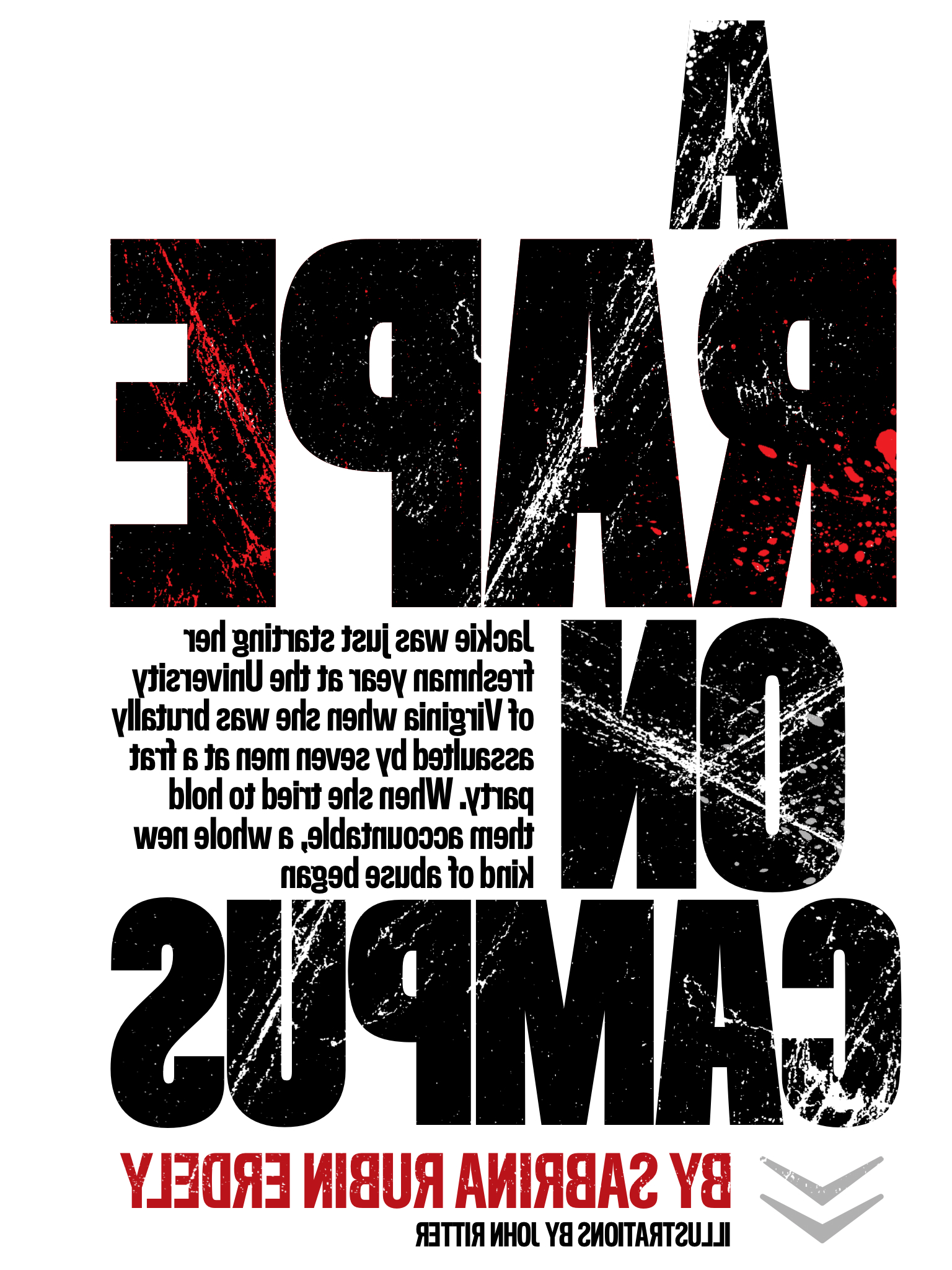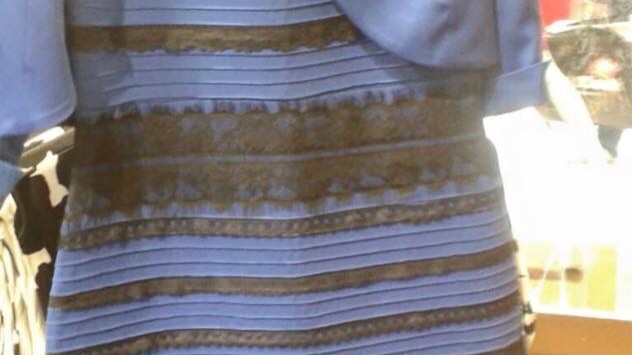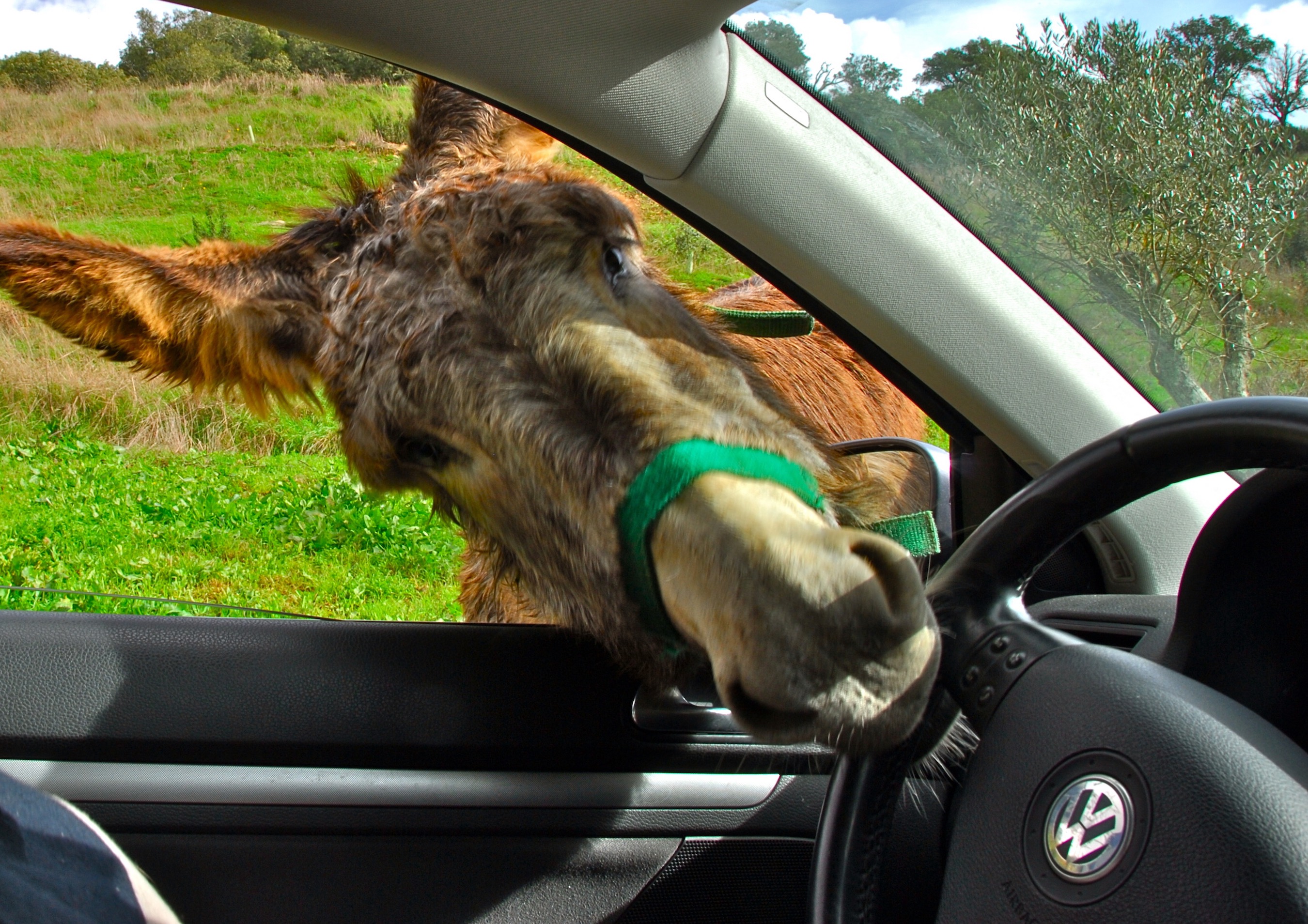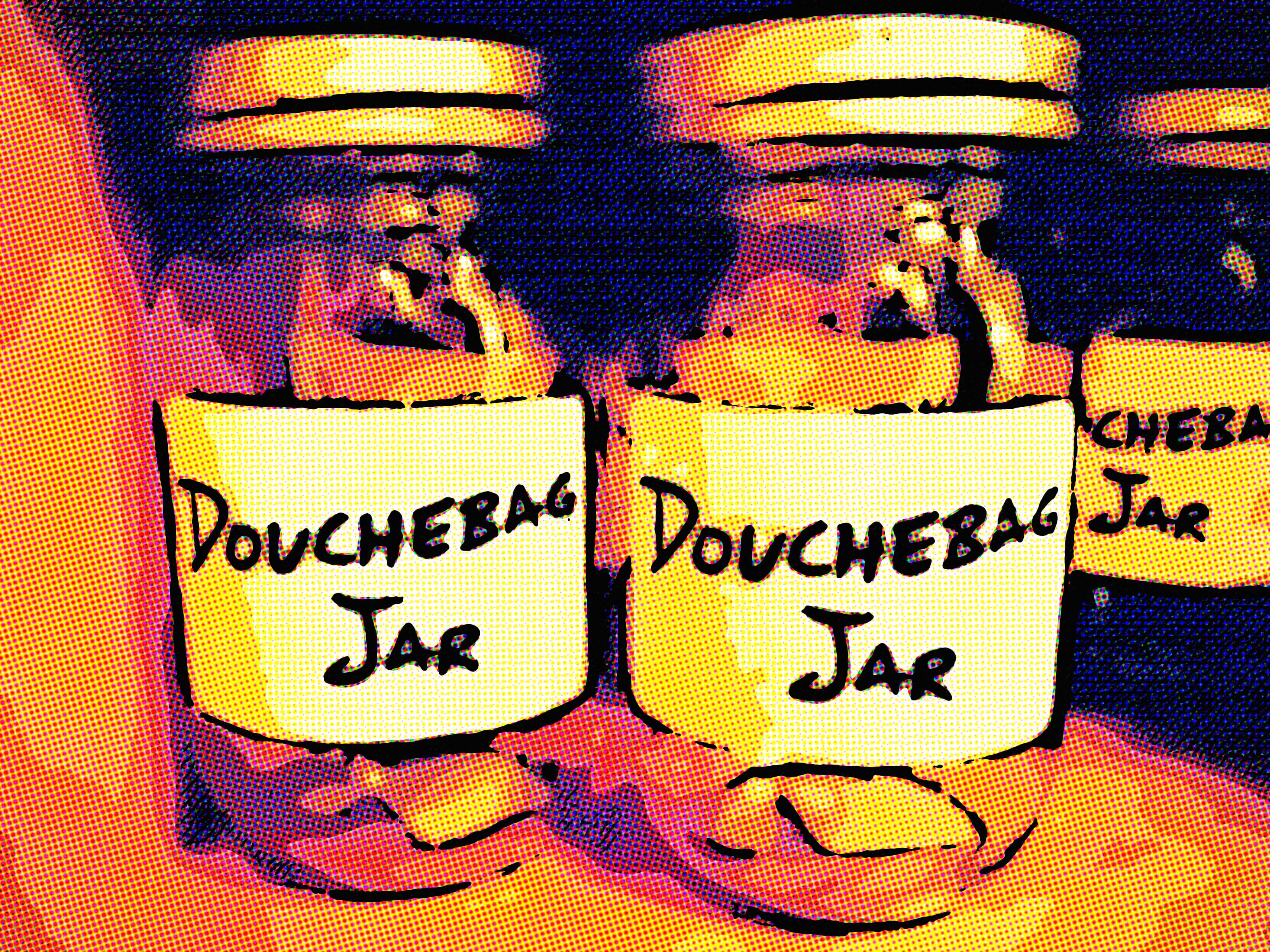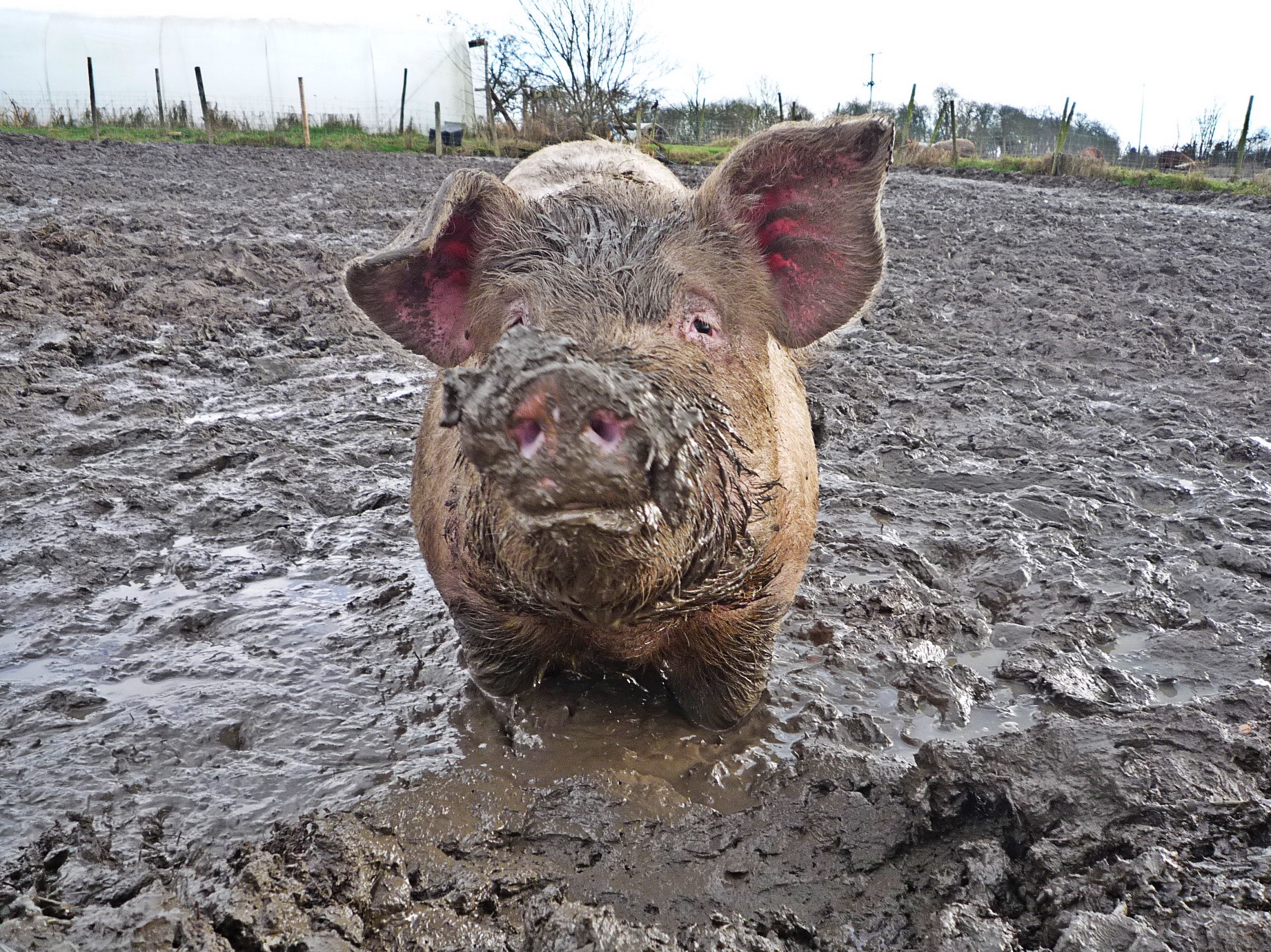All good reporting begins with one question, which is topic of today’s excerpt from my ebook Responsible Reporting: Field Guide for Bloggers, Journalists, and Other Online News Gatherers. Among the five chapters from Section III, two—this and the previous one—primarily focus on the importance of sound sourcing. Chapter IV explains the importance of original sourcing at a time when so many blogs or news sites cite one another as primary source; that’s terrible form. Today’s installment is all about assessing sources’ motivations for giving you information.
The two views on sourcing are related because bad practice of either leads to the same outcome: Propagation of misinformation. The first is easily fixed: You make the contacts and get first-hand sources rather cite blog, forum, tweet, etc., without vetting who is behind them, while corroborating with sources with whom you personally interact. The second, and topic today, is more complicated. You need to understand what the other party gains, particularly when leaking something directly to you.


